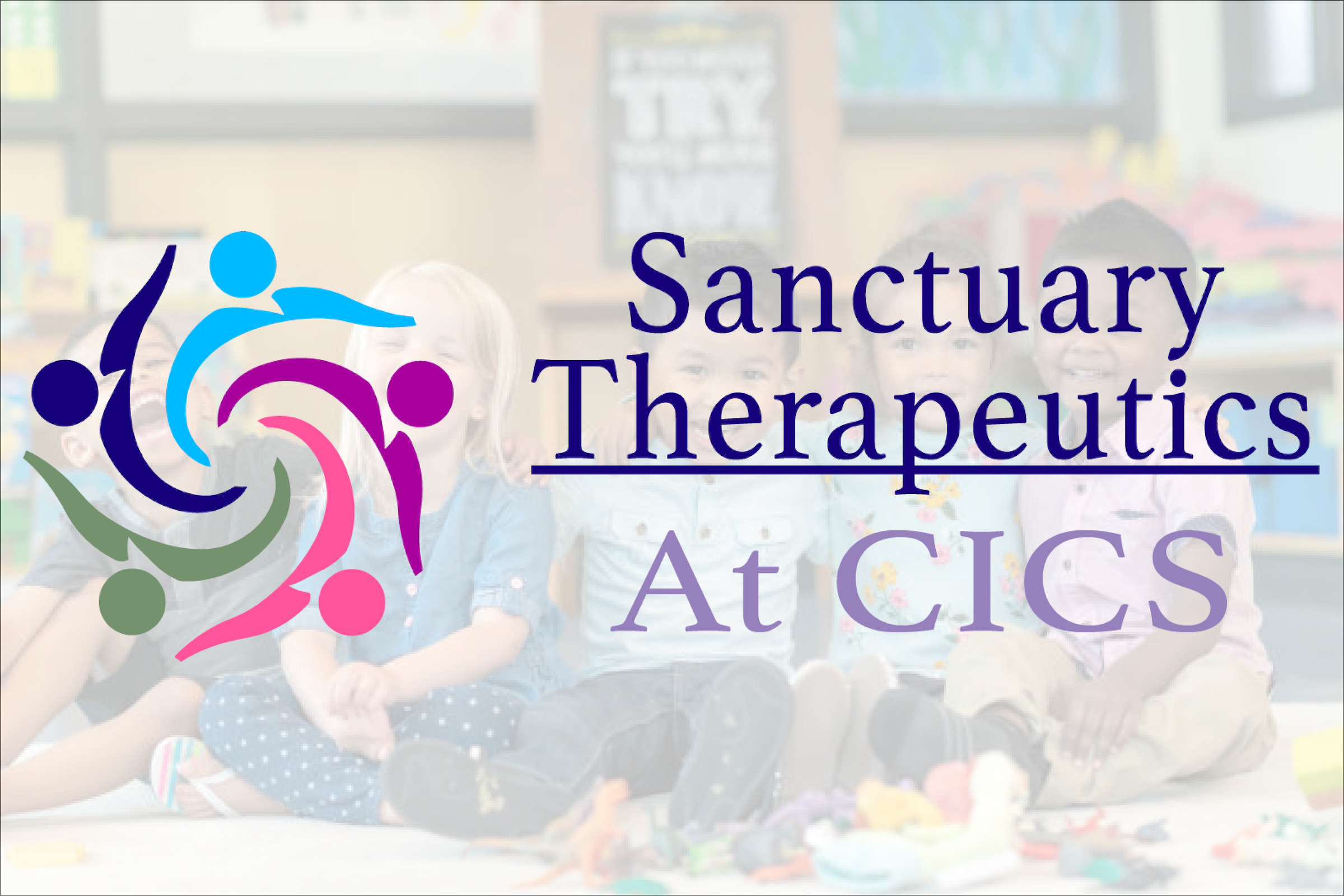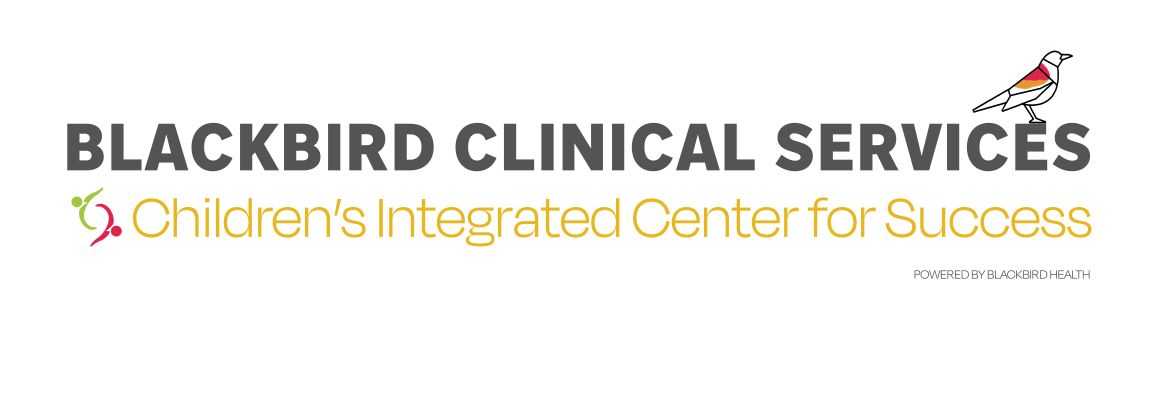
I can remember the first day like it was yesterday. Here I was, “that” mom dragging her kid into preschool kicking and screaming. Everyone was staring at me, everyone was staring at him. I tried my best to keep my composure because those other parents didn’t know everything about my son. I came to learn quickly that this was my reality and I needed to get used to it. I spent every day of that school year “dragging” my son into the building kicking and screaming. I also spent every day that year picking him up to a “report” that he couldn’t sit still, cried sometimes even screamed during transitions, and if they moved too quickly in the classroom he’d try to run out of the room. Teacher’s would meet me at the door with “the look” to give me a run down, which was usually followed with a “If he can’t acclimate here this may not be a fit for him”. What!?, what does that mean? Was my child facing being kicked out of a program for reasons that were beyond the control of his little 2 year old mind and body? I was sending him into early childhood education to foster his development but what growth was he making? The year was a hard struggle for sure! I know there are parent’s out there who can relate to what I’m about to say… My son was labeled as a “problem” but the reality was he wasn’t a problem, he has autism, and they didn’t know how to support his behavioral development. This realization felt like a rock in my stomach. Here I was, an early childhood specialist who couldn’t seem to help her child, and had him in a program who couldn’t seem to identify how to foster his needs either. We missed a piece in early childhood education. We missed behavioral development.
Don’t get me wrong, early childhood education is an amazing developmental tool that has evidence based success world wide. Let’s take a little step back for a moment. Did you know that in the United States some of the first child care programs started as far back as the 1830s? These programs were more secretive as women were expected to care for their children on a full time basis. The mission of these programs were to watch children and keep them safe if they came from, what was deemed as, unfortunate circumstances. This could have looked like a single mother who needed to work (a rarity) or poverty level families who would need to work and had small children in tow. It wasn’t until the early 1970’s where reform occurred to focus on child development, whole child learning, and family education. National standards of care have evolved through the conception of the National Education for the Education of Young Children (NAEYC) and state level regulations for health and safety. From that point on these programs have grown exponentially in need and demand. Now we have a nation where far more children have attended an early childhood program/child care than not. It’s been a continual evolution but the goal has remained, to nurture children.
Through the 2000s, a push for collaborative care became the center of focus. Programs partnered with outside sources such as early intervention, speech, and occupational therapies, among other therapeutic developmental resources for children. These partnerships give programs the ability to focus on a child’s development in areas such as gross and fine motor, verbal development, and cognitive development. With all the great developments and collaborations I sit here still saying “we missed behavioral development?”
A 2017 study concluded that 250 preschool-aged children A DAY are kicked out of their programs because of behavioral and disciplinary issues. In 2016 this resulted in approximately 67,000 children being kicked out of preschool/child care. Children. Kicked. Out. Of. Preschool. There comes a point where we, as educators, specialists, and developmental practitioners need to step back and reflect. The question is not “what are these children doing wrong” but rather “what have we as adults and professionals missed?” because there is a growing issue with little solution. The solution thus far has been to kick children out, leaving them with zero programming, or to throw a blind referral to a parent that their child “needs help”. Just to put the “problem” in perspective, a study out of Yale University reports that preschool children are 3x times more likely to be expelled or suspended from an early childhood program than school age children. Take into consideration the age of a preschooler and where they are developmentally. We’re kicking them out of these programs that are often critical for children and leaving them, and their families, with no guidance. Just as we’ve shifted gears over the years in early childhood education to include the many developmental marks and the collaborations, we need to make the shift to collaborate with behavioral specialists to meet the ever growing needs of a child’s behavioral development.
We believe we have found the solution through our integrative practices at CICS and The Remedy Foundation. There’s a small gem in the Lehigh Valley that we’ve put into it’s pilot year, called Sanctuary Therapeutics Early Learning Center. This program has found a way to integrate early childhood education with behavioral interventions to meet the needs of children who may be struggling. The program partners with early childhood programs and other developmental facilities to bring children who have been labeled “at-risk” for being kicked out of their program into the Sanctuary center for a short period of time. During a child’s time at Sanctuary they work on behavioral goals that are interwoven into an early childhood curriculum. This allows teachers to help a child’s behavioral development while fostering their curiosity in learning. The collaborative feature is that when a child meets their goals at Sanctuary they transition back to their previous program. Sanctuary will meet with the child’s program director as well as the teacher to provide a tool box of resources to help not only the child, but all children succeed. Sanctuary has a mission of establishing long lasting relationships with early childhood programs in hopes to help children succeed in all levels of development, including behaviorally.
I am proud to be a part of this program through CICS and The Remedy Foundation. We’re incredibly excited to see what the outcomes are and what the data reflects in the next year. I look back to that day almost 7 years ago where it was my child facing this risk and now I have hope. I have hope that we can curb this trend and truly educate the whole child. I have hope that we can foster more relationships with families so they are excited and motivated to be a part of their child’s development and education. I have hope that we’re finally addressing the missing pieces to ease parent’s worries. I have hope that we’ll be able to create even more twinkling eyes and bright smiles from a child who’s finally mastered a skill. And for the first time I have the confidence that we’ve added the final piece to the early childhood education puzzle to reach…every child every time.
Nicole Rooney, M.ED., Director of Behavioral Support Services

